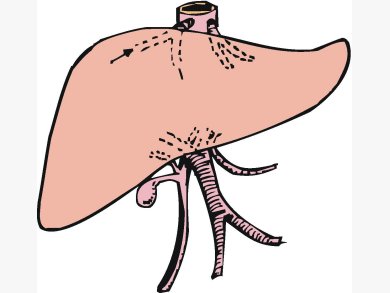Hepatitis C virus (HCV) infects liver cells, causing a severe disease. NS3, a bifunctional enzyme consisting of a N-terminus serine protease domain and C-terminus helicase domain, is essential for the viral replication.
Susanne M. Saalau-Bethell and colleagues, Astex Pharmaceuticals, Cambridge, UK, revealed that NS3’s proteolytic function depends on an allosteric regulation which can be pharmacologically targeted to block the viral replication. The team discovered that, at the interface between the protease and helicase domains, there is an allosteric site which controls a dynamic switch between a closed, auto-inhibited conformation and an open, catalytically active one. Compounds binding the allosteric site stabilized NS3 in its auto-inhibited state and, therefore, prevented the viral replication in vitro.
Thus, NS3 allosteric inhibitors might be a novel class of anti HCV drugs.
- Discovery of an allosteric mechanism for the regulation of HCV NS3 protein function,
S. M. Saalau-Bethell, A. J. Woodhead, G. Chessari, M. G. Carr, J. Coyle, B. Graham, S. D. Hiscock, C. W. Murray, P. Pathuri, S. J. Rich, C.J. Richardson, P. A. Williams, H. Jhoti,
Nat Chem Biol. 2012.
DOI: 10.1038/nchembio.1081




